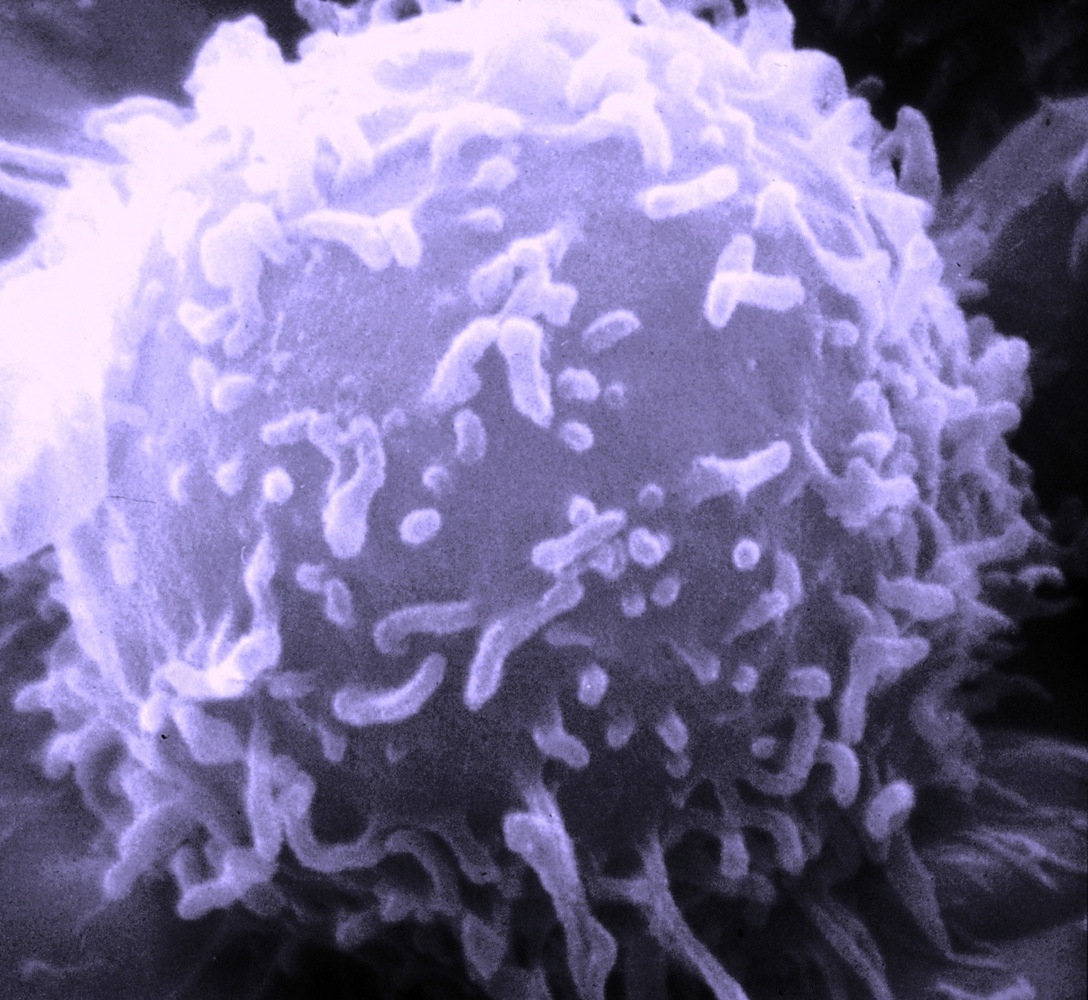 A patient receiving treatment for lymphoma simultaenously recovered from chronic fatigue syndrome, revealing a novel way to combat the conditions, researchers have revealed.
A patient receiving treatment for lymphoma simultaenously recovered from chronic fatigue syndrome, revealing a novel way to combat the conditions, researchers have revealed.
Chronic fatigue syndrome (CFS), also known as ME (myalgic encephalomyelitis), is associated with a constellation of symptoms that include severe unexplained exhaustion, disturbed sleep, headaches, muscle and joint pains as well as cognitive, sensory and even bowel disturbances. The cause of the condition, however, remains unknown. But now Norwegian scientists have found evidence to suggest that the disease may have an immune cause that can be treated by temporarily removing one class of white blood cells, called B lymphocytes, from the body.
Writing in PLoS One, Haukeland University Hospital, Bergen-based researcher Olav Mella and his colleagues decribe a double-blind clinical trial in which 30 patients diagnosed with CFS were randomly assigned to receive either a B lymphocyte-depleting drug called rituximab, or a placebo. Followed up over 12 months, 67% of the patients in the rituximab arm of the trial showed significant improvements in their own as well as physician-based assessments of their condition. Only one patient in the placebo group showed similar improvements. This strongly suggests that CFS has an immunological underpinning, which fits with the onset often following an antecedent infection of some kind.
Interestingly, the rituximab-treated patients only began to show improvements in their symptoms after about 3 months. This, say the scientists, would be consistent with the time it takes for antibodies released previously into the blood by the B cells to disappear.
The trial was initiated in the first place after the researchers administered rituximab to a patient with lymphoma, a cancer of B lymphocytes. The patient was delighted when his CFS, from which he was also suffering, simultaneously regressed alongside the lymphoma. This spurred the team to set up the present trial, the results from which, they say, strongly suggest that CFS has an immune cause and "will impact future research efforts" into the condition.
- Previous Seaweed makes coral sea-sick
- Next Beetle Antimicrobial peptides









Comments
Add a comment